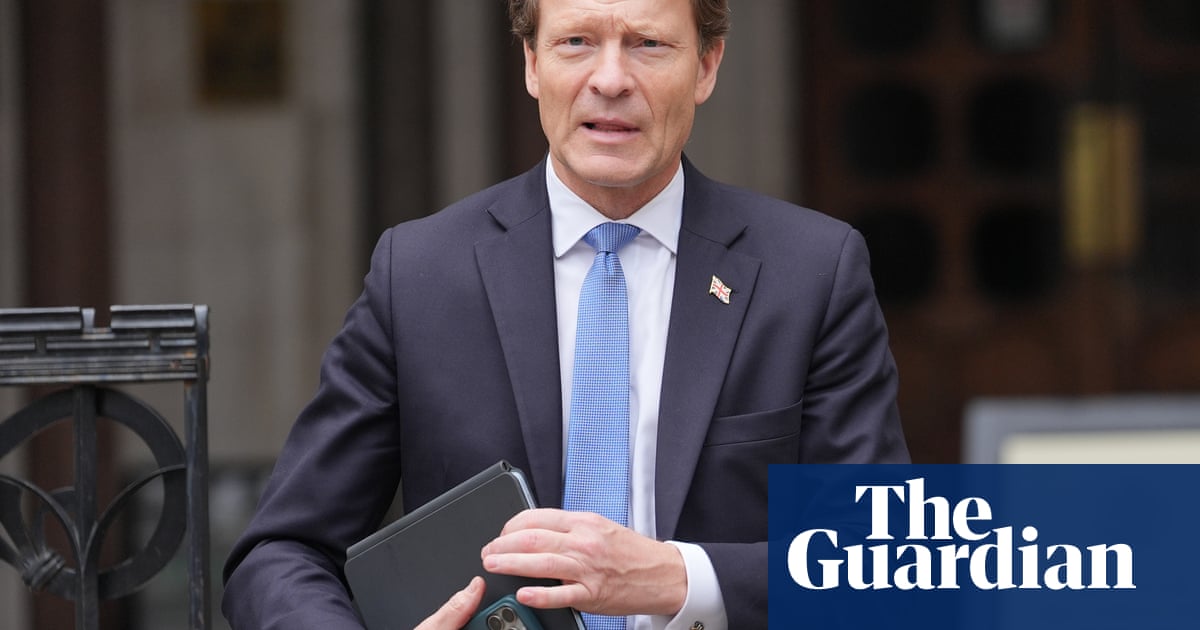Reform UK has promised to reverse the government’sban on fresh North Sea oil and gas drillingas a “day one” priority if elected to power, with the taxpayer taking a stake in the projects.
Richard Tice, the party’s deputy leader, has met with senior UK oil executives in recent weeks to pledge the party’s support for the industry, which has been hit hard by the government’s windfall tax and moves to block fresh North Sea exploration licences.
Tice told the energy bosses to expect a reversal of the government’s ban alongside billions of pounds of public investment in their projects if the party comes to power in the 2029 election.
The public investments would effectively hand taxpayers an equity stake in North Sea fossil fuel developments, which have stalled in recent months after Labour swept to power with a manifesto that promised to end fresh exploration licences for new oil and gas fields.
“As long as there’s oil in the North Sea, we should be drilling for it,” a spokesperson forReform UKsaid. “There are clear benefits for securing jobs and energy independence.”
Reform’s early move to curry favour with the UK’s oil industry,first reported by the Financial Times, has coincided with calls from Donald Trump for the UK government to “get their energy costs down” by ending “costly and unsightly windmills” and “incentivise modernised drilling in the North Sea, where large amounts of oil lay waiting to be taken”.
The US president’s claims have been rebuffed by green groups, which argue that volatile global energy market prices are at the root of the UK’s high energy costs, while renewable energy can offer a cheaper alternative to fossil fuel generation.
Reform said it would reveal further details of the party’s energy policies at a later date. These could include plans to reverse all renewable energy subsidies, the spokesperson said. This would effectively dismantle the government’s net zero agenda, which includes goals to double onshore wind, triple solar power and quadruple offshore wind capacity by the end of the decade.
“If people want to invest in renewables without subsidies they’d be welcome to do that,” the Reform spokesperson added.
Tice warned earlier this month that the party plans toblock “net stupid zero” infrastructureincluding renewable energy projects in areas of Lincolnshire where the party took control of the county council in the recent local authority elections.
“We will attack, we will hinder, we will delay, we will obstruct, we will put every hurdle in your way. It’s going to cost you a fortune and you’re not going to win. So give up and go away,” Tice said.
The party founded by the former Ukip leaderNigel Faragehas gained popularity in recent months on its twin pledge to take a hard line against immigration and net zero policies.Tice told the Financial Times: “There’s about to be a sea change in less than four years.” He added that the executives “should be getting their licence applications ready for Reform to fast-track when it comes into government … I want these firms to know they are working with a shadow government that is willing to tick the box as soon as we get in.”
